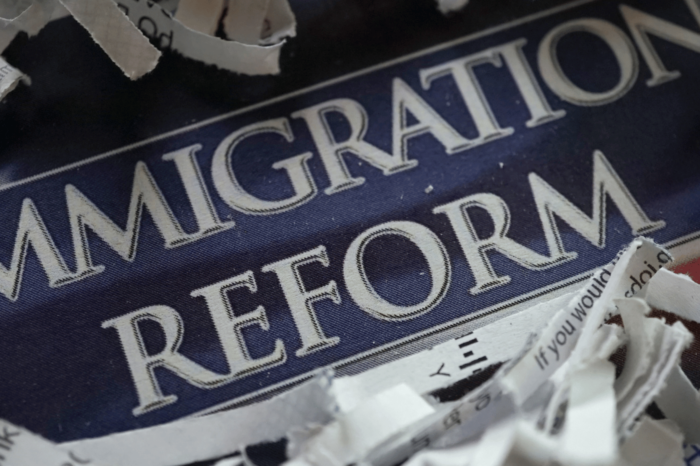Skill-based immigration could ease labor shortage
This op-ed originally appeared in the Boston Herald on January 21, 2024.
A small detail buried in the text of a recent Biden administration executive order could impact the hiring of skilled international workers for decades — a welcome development as the country and Massachusetts struggle to attract talent amidst a worsening labor shortage.
The Schedule A list, first created in 1965 by the Department of Labor (DOL), identifies occupations experiencing labor shortages and allows immigrants in those occupations to expedite their employment in the U.S. Sponsors for their employment-based green card save thousands of dollars and about a year of work.
For decades, Schedule A included only physical therapists and nurses. But the executive order requires the DOL to collect relevant public information to identify occupations with labor shortages, and to use that information to consider updates to Schedule A.
The DOL must also go further, by modernizing the way it updates Schedule A. “Help Wanted: Modernizing the Schedule A Shortage Occupation List,” a new report from the Institute for Progress, details just how the agency could do this, with a data-driven, transparent process called the Help Wanted Index.
By taking publicly available data to measure indicators of labor shortage, the report identifies 28 occupations that should be eligible for Schedule A, including atmospheric and space scientists, electrical and electronics engineers, surgeons, psychologists, and registered nurses.
Such an expansion would have an outsized impact on the Massachusetts economy. It should come as no surprise that the state’s workforce is at a critical juncture. Even with low employment and high labor participation compared to national averages, there are still 100,000 fewer workers in the labor force this year than in 2019.
Demographic headwinds — including a falling birth rate, declining enrollment in the state’s colleges and universities, net out-migration of residents, and an older than average population — make labor shortages difficult for state policymakers.
Shortages are already impacting the state, especially in healthcare, where a study by the Massachusetts Health & Hospital Association found that there are over 19,000 unfilled acute care positions, including a vacancy rate of 17% for nurse practitioners and 27% for psychologists.
And skilled worker shortages are only likely to get worse. A 2022 MassINC study predicted the state could have as many as 192,000 fewer skilled workers in 2030 than are currently in the labor force. It’s a critical concern, as the Bay State economy is dominated by professional and STEM-related occupations, which comprise over half of the workforce.
Massachusetts has built its economic and scientific success on attracting immigrants — with more than one in five workers born outside the U.S. Many are highly educated, often in our world-class higher education system, and fill important needs in our economy.
In fact, according to a Pioneer Institute study, a quarter of Massachusetts entrepreneurs are immigrants, as well as almost 30% of STEM workers; including 15% of nurses, 42% of chemical engineers, and 12% of surgeons. To remain on a path of continued growth and dynamism, Massachusetts must continue to be a top destination for international talent.
While the state’s ability to pull meaningful immigration policy levers is limited, state leaders and policymakers could lead by advocating for federal reform — especially when it comes to policies like Schedule A that can be meaningfully restructured without legislative approval.
Time is of the essence to strengthen our workforce, especially in fields that are vital to the success of Americans, like healthcare, AI, and scientific research. The Biden administration should prioritize not only enhancing Schedule A but modernizing it to ensure that we take advantage of its benefits for years to come.
Aidan Enright is the Economic Research Associate at Pioneer Institute in Boston. Lindsay Milliken is an immigration fellow at the Institute for Progress, a Washington, D.C.-based think tank.



